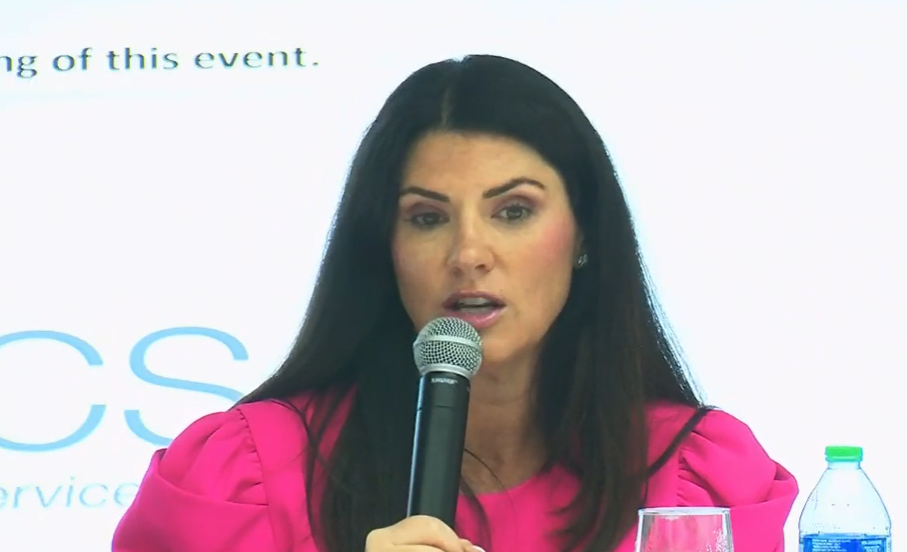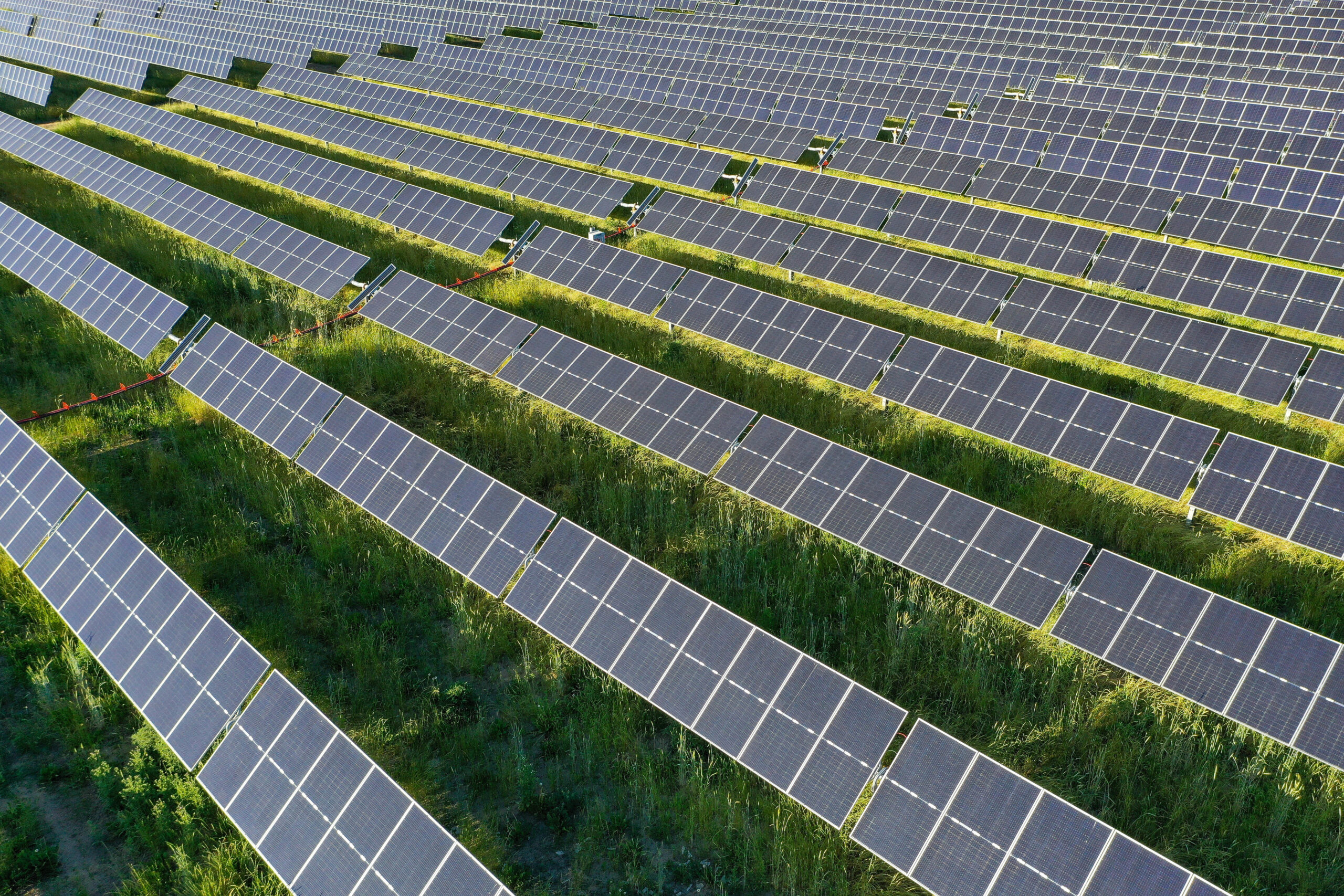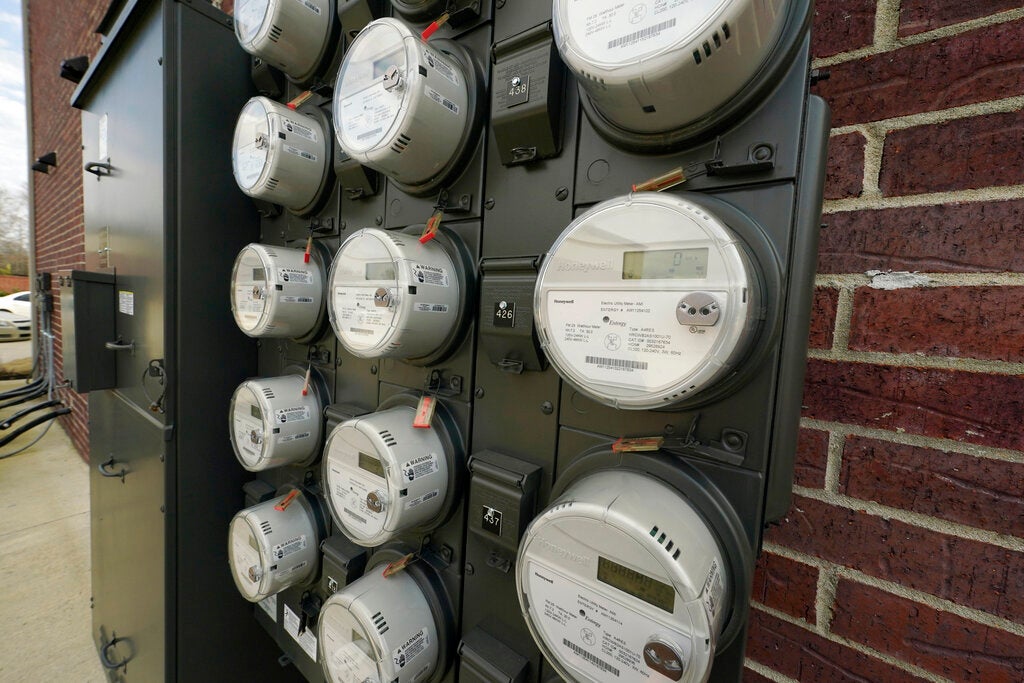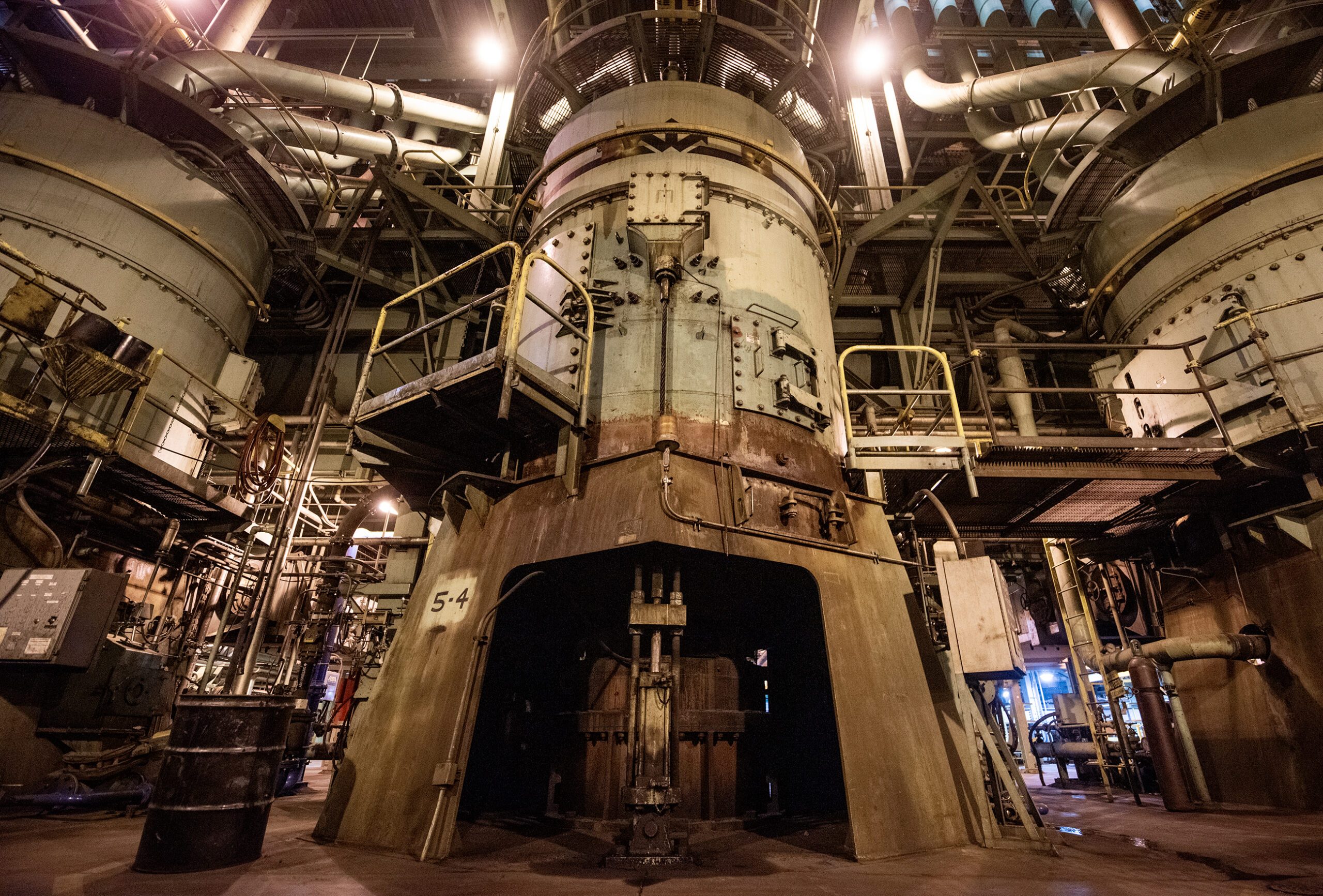The leader of the state Public Service Commission estimates that almost every underserved or unserved area in Wisconsin could have broadband access by 2030, calling that a “conservative estimate.”
At a WisPolitics luncheon last Thursday, PSC chair Summer Strand said the agency anticipates rolling out a $1.1 billion federal grant program in early 2025. That money is in addition to the roughly $200 million the state has spent on broadband expansion since 2019, Strand said.
“It doesn’t mean the money is gonna flow in 2025 and everyone’s gonna be online in 2026,” she said. “My conservative estimate would be that we would be close to serving every underserved and unserved location in the state by 2030.”
Stay informed on the latest news
Sign up for WPR’s email newsletter.
The PSC estimates that more than 410,000 homes and businesses have gained access to new or improved broadband services since 2019. But Strand said the remaining areas lacking access are the hardest to reach and the most expensive to connect.
“There isn’t a lot of bang for the buck if you have to go six miles down a gravel road to reach one house,” she said.
Beyond broadband expansion, Strand also discussed the state’s clean energy transition and turnover on the commission.
PSC chair gives update on clean energy transition
Strand said the transition away from fossil fuels continues to move forward at a “rapid” pace, but called it “a long game.” She said the PSC is not mandating the transition but approves individual pieces of it, like renewable construction.
“We do have a goal in the state of being carbon free by 2050, so we’re working towards that with all of our partners and stakeholders,” she said.
Since 2019, Strand said the PSC has approved more than 4,000 megawatts of solar generation, with 1,200 megawatts coming just since she joined the commission in March 2023. For context, RENEW Wisconsin estimates that a one megawatt solar farm produces enough electricity annually to offset the needs of about 190 average Wisconsin homes.
Strand also said more utilities are combining their solar plans with battery storage to boost reliability when the sun isn’t shining.
She also spoke about how natural gas factors into those plans. We Energies and Alliant Energy have both announced planned conversions of coal plants into natural gas plants.
Those projects have faced criticism from environmental groups. That’s because while natural gas produces roughly half the carbon emissions of coal plants, it releases methane, which has more than 80 times the warming power of carbon dioxide over the span of two decades, according to the United Nations Economic Commission for Europe.
Strand said she supports an “all of the above” approach to energy generation, saying that’s what the state currently has and will likely have for “the foreseeable future.”
“You can’t flip a switch and get rid of one source overnight. It would be very irresponsible for us to put all of our eggs in one basket,” she said. “Natural gas is part of that existing mix right now and will continue to be.”
Strand said natural gas is cleaner than coal, and it’s easily dispatchable. But she also said it’s subject to price volatility because it is a fossil fuel.
She said nuclear energy is a carbon-free energy source that is already in Wisconsin’s energy mix and could be used to replace fossil fuel plants, but it faces significant challenges.
“It’s very expensive,” Strand said. “It takes a long time to build.”
Strand addresses commissioner turnover
Strand also addressed recent shakeups on the Public Service Commission, saying the makeup of commissioners is completely different than when she started.
Former Commissioner Tyler Huebner was essentially fired by the state Senate in January, less than a week after then-chair Rebecca Valcq announced she would resign.
Strand said she had “a steep learning curve” when she joined the regulator after previously serving as an attorney in the construction industry.
“In the legislature, you need to know a little bit about a lot. In the executive branch, you need to know a lot about your specific issue or policy. And then at the PSC, you need to know everything about everything,” she joked.
But Strand also said she’s thankful the commission has returned to full strength in recent months with the appointments of commissioners Kristy Nieto in January and Marcus Hawkins in April.
“I think it’s a really exciting time at the commission with the changes,” she said. “I view change as opportunity.”
Wisconsin Public Radio, © Copyright 2024, Board of Regents of the University of Wisconsin System and Wisconsin Educational Communications Board.







